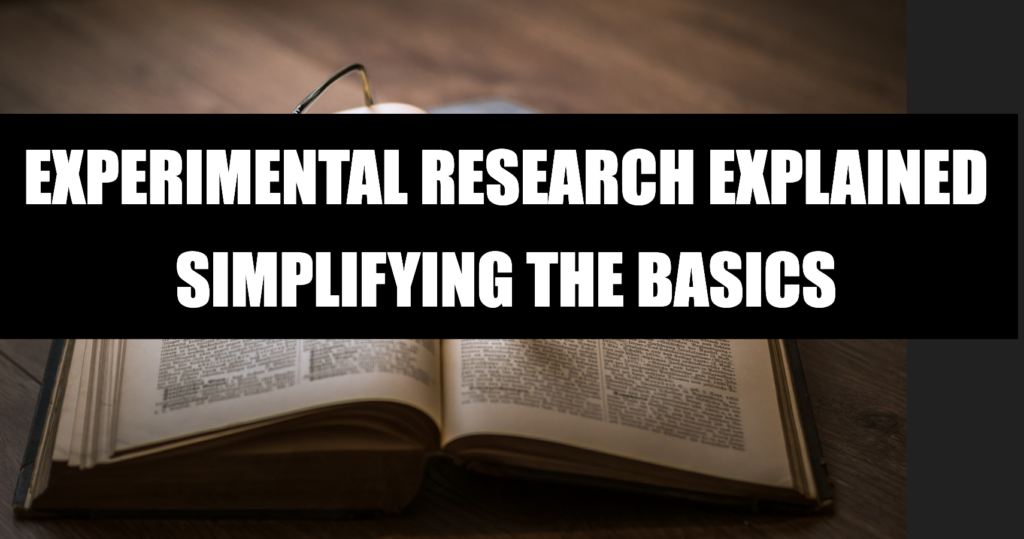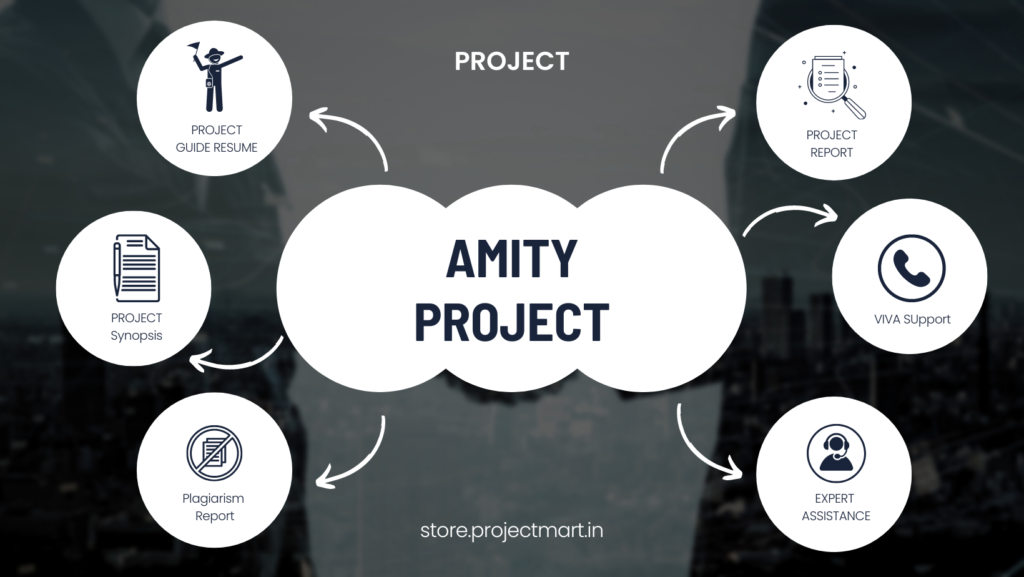Table of Contents
In the vast landscape of research methodologies, experimental research stands as a cornerstone, offering a structured approach to investigating hypotheses and probing causal relationships. Despite its significance, the concept of experimental research might seem daunting to some. Fear not! In this blog post, we’ll embark on a journey to demystify experimental research, simplifying its intricacies while exploring its nuances.
Understanding the Steps of Experimental Research
At its core, experimental research follows a systematic process aimed at exploring cause-and-effect relationships. The journey typically involves several key steps:
- Identifying the Research Question: The first step entails pinpointing a specific question or hypothesis to investigate. This serves as the guiding force throughout the research endeavor.
- Formulating the Hypothesis: With the research question in mind, researchers develop a hypothesis—a testable statement predicting the relationship between variables.
- Designing the Experiment: This phase involves crafting the experimental design, including selecting participants, manipulating variables, and delineating control measures to ensure the validity and reliability of results.
- Data Collection: Researchers collect relevant data through observations, measurements, or surveys, meticulously recording information to analyze later.
- Analysis and Interpretation: Following data collection, researchers analyze the results using statistical methods to draw conclusions and interpret findings vis-à-vis the initial hypothesis.
- Drawing Conclusions: Based on the analysis, researchers draw conclusions, highlighting the implications of their findings and potential avenues for further exploration.
Pros and Cons of Experimental Research
Like any research methodology, experimental research comes with its own set of advantages and disadvantages:
Advantages of Experimental Research
- Control Over Variables: Experimental design allows researchers to manipulate variables under controlled conditions, facilitating the establishment of causal relationships.
- Replicability: Properly conducted experiments can be replicated, enhancing the reliability and validity of findings.
- Precision: Experimental research often yields precise and quantifiable results, offering valuable insights into phenomena.
Disadvantages of Experimental Research
- Artificiality: Controlled laboratory settings may not always reflect real-world scenarios, potentially limiting the generalizability of findings.
- Ethical Concerns: Some experimental manipulations may raise ethical dilemmas, particularly concerning human subjects.
- Resource Intensive: Conducting experiments can be time-consuming and resource-intensive, requiring careful planning and execution.
Defining Experimental Research Design
Experimental research design refers to the blueprint or structure outlining how an experiment will be conducted. It encompasses the arrangement of variables, selection of participants, and procedures for data collection and analysis. In essence, it provides a roadmap for researchers to systematically investigate hypotheses and test causality.
Exploring Experimental Research in Psychology
In the realm of psychology, experimental research serves as a linchpin for understanding human behavior and cognition. Researchers employ experimental methods to explore various phenomena, ranging from memory and perception to social interactions and psychological disorders. By manipulating variables and observing behavioral responses, psychologists gain invaluable insights into the complexities of the human mind.
Differentiating Between Causal Comparative and Experimental Research Design
While both causal-comparative and experimental research designs aim to explore cause-and-effect relationships, they differ in their approach:
Experimental Research
Involves the deliberate manipulation of variables to observe the effects on other variables, thus establishing causality.
Causal-Comparative Research
Focuses on comparing existing groups or conditions to identify potential causal relationships without direct manipulation of variables.
Distinguishing Experimental and Non-Experimental Research Designs
Experimental research design involves the deliberate manipulation of variables, whereas non-experimental designs lack this manipulation. Non-experimental research encompasses various methodologies, including correlational studies, surveys, and observational research, which focus on observing and analyzing existing phenomena without intervening variables.
Examples of Non-Experimental Research
- Non-experimental research encompasses a myriad of approaches, such as:
- Correlational Studies: Examining the relationship between variables without manipulating them.
- Descriptive Surveys: Gathering information about attitudes, behaviors, or characteristics of a population through questionnaires or interviews.
- Observational Research: Systematically observing and documenting behaviors in natural settings without intervention.
Characteristics of Experimental Research Method
Key characteristics of experimental research include:
- Control: Researchers exert control over variables to isolate and manipulate factors of interest.
- Randomization: Participants are typically assigned to experimental conditions randomly to minimize bias and increase the validity of results.
- Manipulation: Researchers deliberately manipulate independent variables to observe their effects on dependent variables.
- Measurement: Precise measurement techniques are employed to collect data systematically and accurately.
In conclusion, experimental research serves as a powerful tool for unraveling the mysteries of the universe, from the intricacies of human behavior to the fundamental laws of nature. By grasping the foundational principles and nuances of experimental research, aspiring researchers can embark on their own scientific journeys with confidence, armed with the knowledge to navigate the complexities of experimentation.







